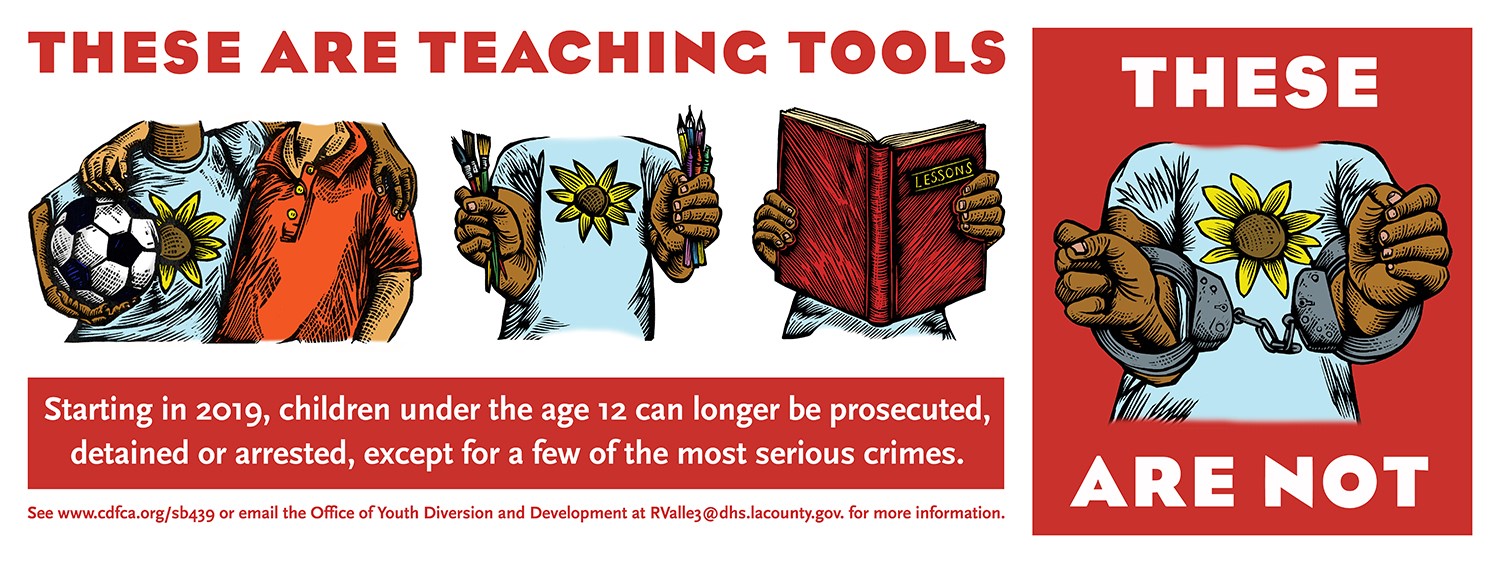
SB 439: What is it and What Does it Do?
On September 30, 2018, Governor Jerry Brown signed into law Senate Bill 439—authored by Senator Holly J. Mitchell—to establish a minimum age of 12 years old for prosecuting youth in juvenile court in California, except in the most serious cases of murder and forcible rape. The intent of the law is to protect young children from the harms and adverse consequences of justice system involvement and encourage more effective interventions, if appropriate, to improve both children’s well-being and public safety.
The change in law aligns California with the United Nations Convention on the Rights of the Child and the recommendations of the American Academy of Pediatrics, the American Bar Association and the National Academy of Sciences, all recognizing the developmental vulnerabilities of young children in the context of the justice system.
Key Clarifications About SB 439
Several implications of the change in law are important to note. These include that:
- Youth under 12 cannot be prosecuted except for murder or forcible rape.
- Youth under 12 cannot be arrested or detained, as no delinquency or criminal court has jurisdiction over them.
- Counties must have a protocol for addressing alternatives to prosecution for youth under 12 by January 1, 2020, even though juvenile court jurisdiction is no longer permissible starting January 1, 2019. In the meantime, counties may individually troubleshoot the circumstances and needs of each individual youth under 12 who otherwise was or may have been under juvenile court jurisdiction.
Additional Information
To learn more about SB 439, relevant statistics and implementation guidelines, review the following:
Or follow us on Facebook at .
